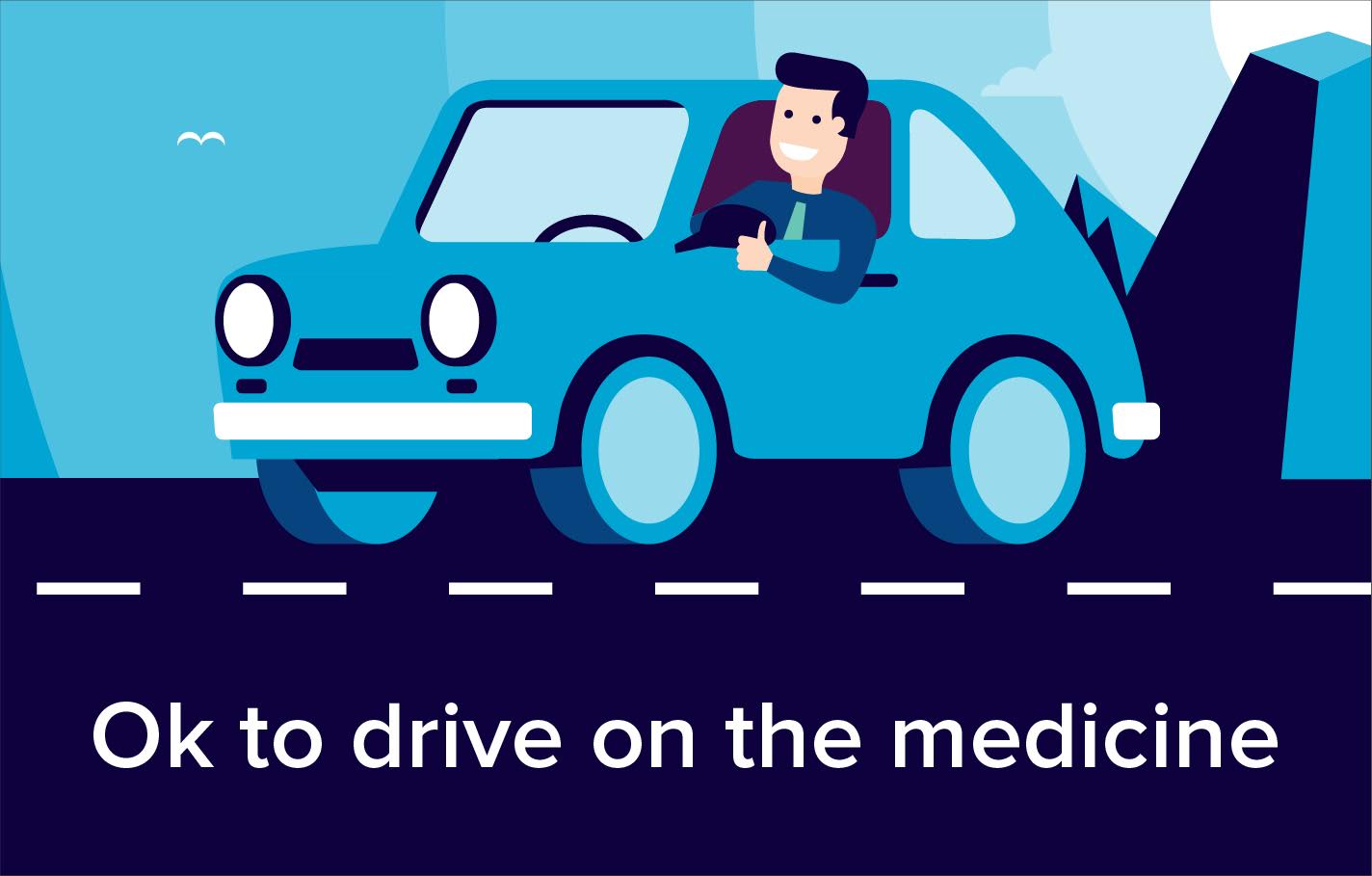Aldactide is a diuretic medicine (“water tablet”) used for the treatment of congestive heart failure or high blood pressure (hypertension).

Why have I been prescribed Aldactide?
Aldactide is a diuretic medicine (“water tablet”) used for the treatment of congestive heart failure or high blood pressure (hypertension).
How does it work?
Aldactide helps you lose the extra fluid from your body. This will mean your heart has to do less work and your blood pressure drops.
When and how do I take it?
This medicine should be taken once a day with food.
What’s the dose?
Adults
- The usual dose may range from 25mg to 100mg once daily. However the dosage will be adjusted by your doctor as necessary. If you are not sure how much to take, ask your doctor or pharmacist.
Elderly
- Your doctor will start you on a low starting dose and gradually increase the dosage as needed to obtain the desired effect.
Could it interact with other tablets?
Please tell your doctor if you are taking or have recently taken any other medicines, including medicines obtained without prescription. Your doctor may wish to alter your dose of Aldactide if you are taking any of the following:
- digoxin, quinidine or other heart drugs
- lithium or carbenoxolone
- lipid-lowering drugs such as colestyramine
- medicines for high blood pressure
- other diuretics
- non-steroidal anti-inflammatory drug (NSAID) such as aspirin or ibuprofen
- mineral or vitamin supplements such as potassium, calcium or vitamin D.
If you are going to have an operation where you will be given an anaesthetic, tell the doctor in charge that you are taking Aldactide.
Herbal products should also only be taken after talking with your doctor.
What are the possible risks or side-effects?
Like all medicines, Aldactide can cause side-effects although not everybody gets them. Tell your doctor immediately if you experience any of the following symptoms after taking this medicine. Although they are very rare, the symptoms can be severe.
- Irregular heartbeat, tingling sensation, paralysis or difficulty in breathing; which may be symptoms of raised potassium levels in your blood. Your doctor will conduct regular blood tests to monitor potassium and other electrolyte levels. He or she may stop your treatment if necessary.
- Yellow skin and eyes (jaundice), Aldactide can cause impairment of liver function.
- Decreased urine output with puffy eyes (acute renal failure)
- Black discoloration of your extremities caused by necrotising vasculitis (gangrene caused by poor circulation).
Other side effects of Aldactide
- Feeling faint on standing (postural hypotension), dizziness, vertigo, fever
- Indigestion, stomach pain, sickness, diarrhoea, vomiting, inflamed pancreas (pancreatitis)
- Confusion, numbness of parts of the body (paraesthesia), feeling restless
- Menstrual problems in women (heavy or irregular menstrual flow)
- Change in sex drive for both men and women and temporary impotence in men
- Disturbances in body electrolytes (high blood calcium or potassium)
- Reduced number of cells that fight infection - white cells (leukopenia); or cells that carry oxygen- red blood cells (anaemia)
- Reduced number of cells that help with blood clotting (thrombocytopenia). This may cause you to bruise more easily or cause purple spots on the skin (purpura).
- Visual disturbances, abnormal colour vision (xanthopsia)
- Breast enlargement in men (gynaecomastia), this goes away when treatment is stopped
- Women may develop a deep voice
- Skin rash, hives, itching, dermatitis, photosensitivity ( a skin reaction caused by exposure to sunlight)
- Hair loss or excessive hair growth affecting any part of the body
- General weakness, tiredness or generally feeling unwell, muscle or leg cramps or problems coordinating muscle movements (ataxia)
- Headaches.
If any of the side effects gets serious, or you notice any side effects not listed in this leaflet, please tell your doctor.
Can I drink alcohol while taking it?
- There are no known interactions between alcohol and Aldactide
- Always ask you doctor or pharmacist however as other medications you are taking may have a bearing on this.
What if I’m pregnant/breastfeeding?
Tell your doctor if you are pregnant, think you may be pregnant or are planning to become pregnant as your doctor will need to judge whether you should be prescribed Aldactide.
Aldactide should not be used if you are breast-feeding.
If you have any more questions please ask your Pharmacist.
Remember to keep all medicines out of reach of children
Please Note: We have made every effort to ensure that the content of this information sheet is correct at time of publish, but remember that information about drugs may change. This sheet does not list all the uses and side-effects associated with this drug. For full details please see the drug information leaflet which comes with your medicine. Your doctor will assess your medical circumstances and draw your attention to any information or side-effects which may be relevant in your particular case.
References:
http://medical-dictionary.thefreedictionary.com/Aldactide
https://www.medicines.org.uk/emc/medicine/10703
https://www.google.ie/url?sa=t&rct=j&q=&esrc=s&source=web&cd=4&ved=0ahUKEwjO3bCimvrKAhVH-A4KHZLnBPsQFggwMAM&url=http%3A%2F%2Fwww.medicines.ie%2Fpdfviewer.aspx%3FisAttachment%3Dtrue%26documentid%3D11141&usg=AFQjCNHWwvvvxS51P5V3UEeGBVlPonNnJw&sig2=RQdzWQ5oAIioxOlTjFIiiw&cad=rja
http://www.drugs.com/uk/aldactide-50-tablets-leaflet.html
https://www.mims.com/India/drug/info/ALDACTIDE/ALDACTIDE%20tab

